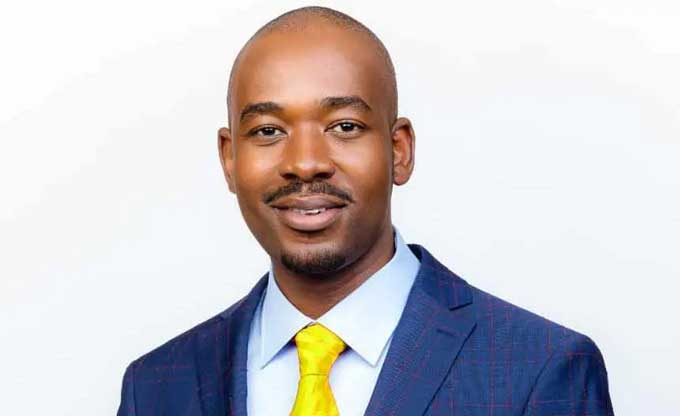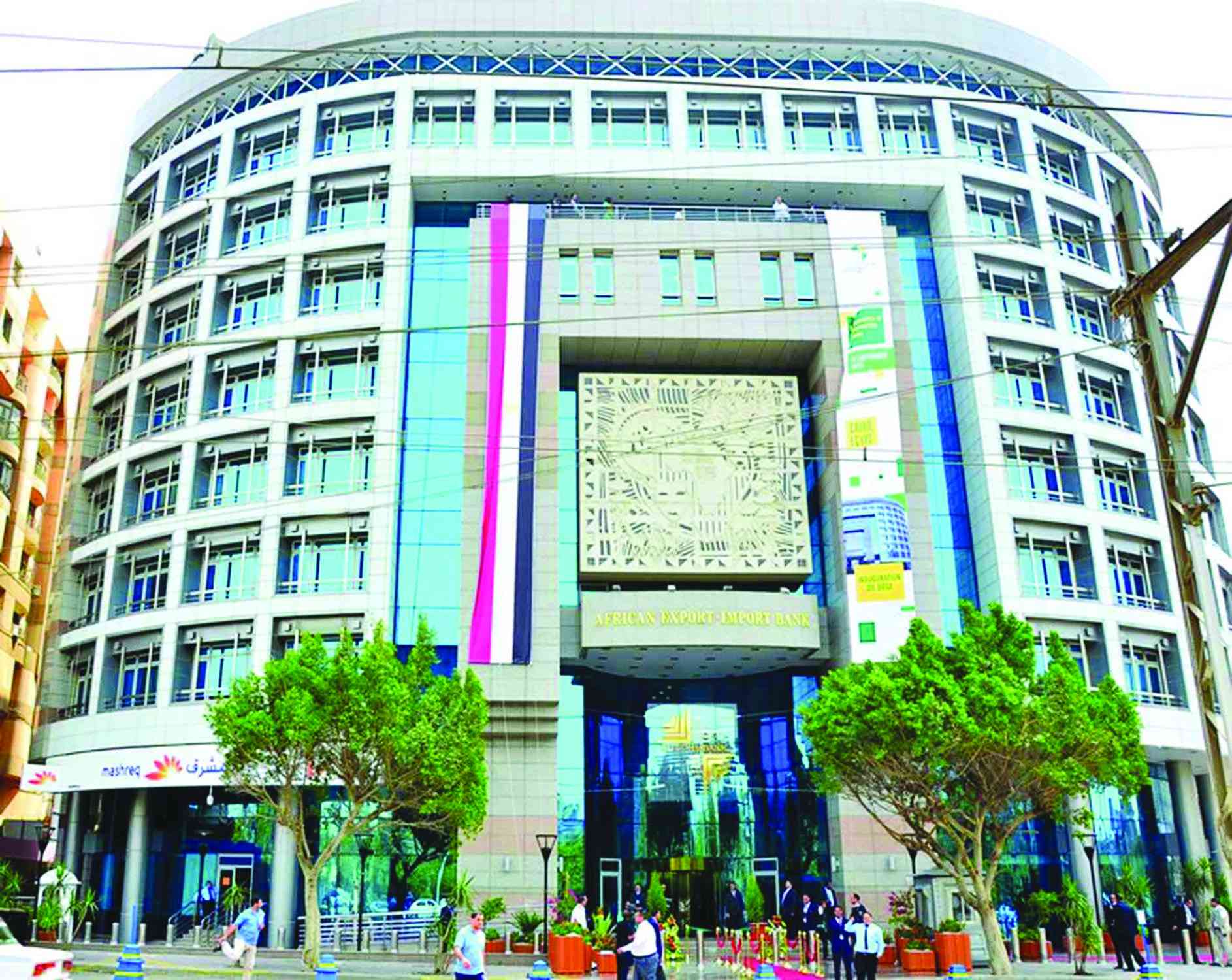
BY NQOBANI NDLOVU
Buoyed by its impressive showing in last week’s by-election, opposition leader Nelson Chamisa’s Citizens Coalition for Change (CCC) is stepping up its campaigns in rural areas, long perceived to be Zanu PF strongholds, ahead of the 2023 elections.
Chamisa’s CCC won 19 of the available 28 parliamentary seats while Zanu PF got the remainder, including two that they grabbed from the opposition — Epworth and Mutasa South.
Douglas Mwonzora’s MDC T failed to get any seat.
The by-elections were viewed as the barometer to gauge popularity ahead of the 2023 general elections where Chamisa will likely square off with President Emmerson Mnangagwa who won the 2018 presidential election by a narrow margin.
Both Zanu PF and CCC are celebrating their performance in the by-elections, with the ruling party saying the result narrowed the opposition’s popularity in its strongholds such as Binga North constituency.
CCC’s Prince Dubeko-Sibanda won Binga North with 10 130 votes, defeating Kudakwashe Mavula Munsaka of Zanu PF who came second with 7971 votes.
In 2018, Dube-Sibanda got 18 428 votes against Zanu PF’s 7 751.
- Chamisa under fire over US$120K donation
- Mavhunga puts DeMbare into Chibuku quarterfinals
- Pension funds bet on Cabora Bassa oilfields
- Councils defy govt fire tender directive
Keep Reading
In a post Cabinet briefing last week, the government stopped short of saying Binga and other rural areas were now a priority for Zanu PF.
But CCC interim secretary-general Charton Hwende said the opposition party was also turning its eye on the rural vote with a basket of interventions including drilling boreholes in each of the country’s rural wards.
“The president (Chamisa) embarked on a tour of all the rural areas where he met Zimbabweans before we formed CCC. Our rural penetration program is a continuation of what the president started,” Hwende told The Standard yesterday.
“Rural areas are key for the CCC, this is where most of the electoral violations take place. That’s where headmen and chiefs force people to vote for Zanu PF. So it is our duty as a party to ensure we have a strong presence in the rural areas.|”
In 2021, Chamisa visited rural areas under the meet the people tours but his entourage and supporters were attacked on several occasions by suspected Zanu PF supporters.
The violence claimed the life of MDC Alliance activist Nyasha Zhambe of Gutu, Masvingo.
According to a Zanu PF central committee report by the security department adopted at the party’s conference held in Bindura last year, the ruling party was worried by Chamisa’s inroads in rural areas.
“This is meant to penetrate the ruling party’s rural areas, they will manage to mobilise substantial support from the rural areas, and this will brighten their chances of winning the presidential vote,” the central committee report read in part.
Zanu PF spokesperson Christopher Mutsvangwa said he was in a meeting when contacted for comment. Party secretary for administration Obert Mpofu said Mutsvangwa was the best person to comment.
But Hwende said the opposition party would be “leaving no village unturned.”
“We are also urging our supporters that every weekend they visit their rural areas and be with the people there to understand how they live, to campaign and sell the CCC message,” he said.
“Operation Handei Kumusha is ongoing and all our party cadres are deployed in villages throughout the country, leaving no village unturned. We are under 12 months before the next election. It is now full throttle campaigning throughout the country and fundraising is also ongoing driven by the citizens themselves.”
Analyst Effie Ncube said the rural electorate was key when Zimbabwe goes for elections in 2023.
“Whoever wins it with an overwhelming majority is going to most likely be the next president of the country and the party that is going to win the rural constituency is going to be the majority party in parliament,” Ncube said yesterday.
“You cannot win the parliamentary majority without winning the rural constituencies. The distribution of the constituencies is such that you definitely need to win the majority if not all the rural constituencies and also at a presidential level you need the numbers from the rural areas, no doubt about it. That will be the key decider of the 2023 election.”










